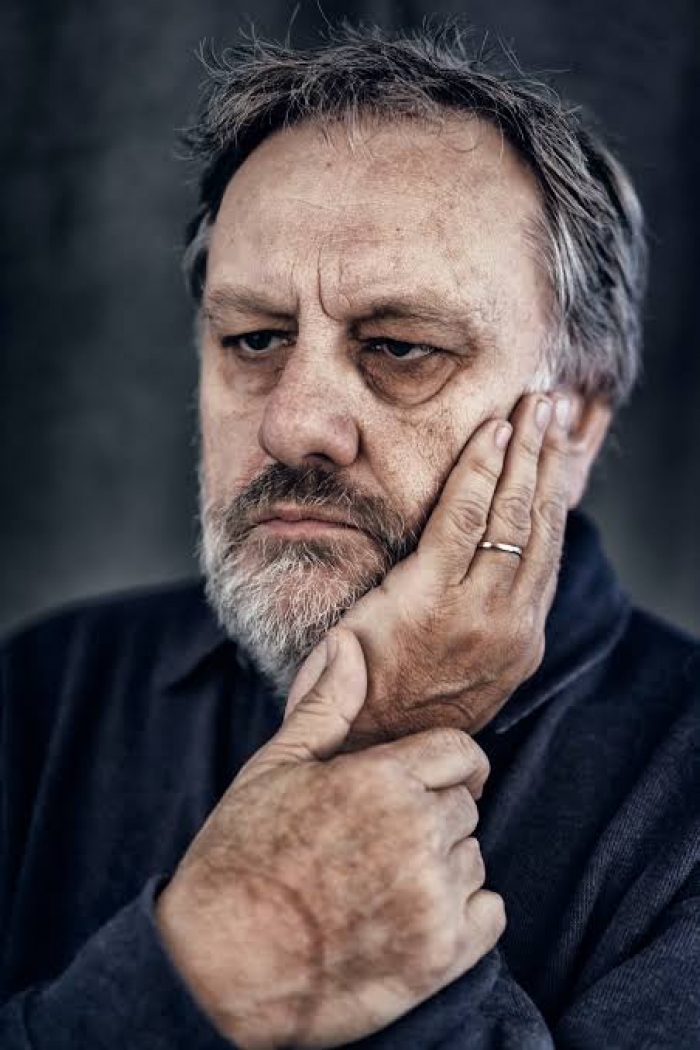When one looks for a figure who best represents the worst tendencies of our brutal age, the first names that come to mind include Yahya Sinwar (Hamas’s leader in Gaza), Binyamin Netanyahu, Kim Jong-un, or Vladimir Putin. But that is primarily because we are bombarded with news about these leaders. If we widen the lens to account for horrors that Western mainstream media largely ignore, those waging Sudan’s civil war stand out even more. The country’s new warlords are displaying shocking cruelty and indifference toward their own people (or those living in the regions they control), including by systematically hampering the flow of humanitarian aid and taking an exorbitant amount of it for themselves.
The situation in Sudan exposes a global economic logic that has remained obfuscated in other cases. Back in 2019, widespread demonstrationstoppled the country’s longtime dictator, Omar al-Bashir, whose reign at least had maintained a semblance of peace and stability following the secession of South Sudan (a predominantly Christian country that is now mired in its own civil war). Then, following a brief moment of transitional government and renewed hopes for democratization, a brutal war erupted between two Muslim warlords: General Abdel Fattah al-Burhan, the leaderof the Sudanese Armed Forces (SAF) who is still nominally head of state, and Mohamed Hamdan Dagalo (or Hemedti, meaning “little Mohamed”), the commander of the Rapid Support Forces (RSF) and one of the country’s wealthiest men.
The RSF is behind some of the worst atrocities of the current conflict, including the Khartoum massacre on June 3, 2019, when more than 120 protestors were killed, hundreds more wounded, thousands of women raped, and many homes pillaged. More recently, Dagalo’s forces triggered a new cycle of violence on April 15, 2023, when they launched a broad assault on SAF bases across the country, including in the capital, Khartoum.
Although both sides express a vague commitment to democracy, no one takes such claims seriously. What they really mean is, “First we have to win the war; then we’ll see.” This is an understandable position to take. To all those involved, a mostly benevolent dictatorship like Paul Kagame’s regimein Rwanda may be the best that one can realistically hope for.
Further complicating matters is the role of external forces. For example, Russia’s Wagner Group, the Libyan National Army (under the command of Khalifa Haftar), and the United Arab Emirates have reportedly furnished the RSF with military supplies, helicopters, and weapons on a scale that has left it better armed than the SAF. Meanwhile, the SAF has been looking for its own backers, not least China.
But the RSF has another major advantage: Dagalo controls a region with abundant gold reserves that allow him to purchase all the weapons he needs. We are thus reminded of a sad truth facing many developing countries: natural resources are as likely to be a source of violence and poverty as they are to underpin peace and prosperity.
The quintessential example is the Democratic Republic of the Congo, which has long been cursed by its reserves of critical minerals, diamonds, and gold. If it had no such resources, it would still be poor, but it might be a happier, more peaceful place to live. The DRC is also an exemplary case of how the developed West contributes to the circumstances for mass migration. Behind the façade of “primitive” ethnic passions exploding yet again in the African “heart of darkness,” one can discern the unmistakable contours of global capitalism.
After the fall of Mobutu Sese Soko in 1997, the DRC ceased to exist as a functioning state. Its eastern region now comprises a multiplicity of territories ruled by local warlords whose armies press-gang and drug children and maintain business ties with the foreign corporations that are exploiting the region’s mineral reserves. This arrangement serves both partners: the corporations get mining rights without having to pay state taxes, and the warlords get money with which to buy arms. Many of these minerals then end up in our laptops, mobile phones, and other high-tech products. The problem is not the “savage” customs of the local population; it is the foreign companies and the wealthy consumers who buy their products. Remove them from the equation and the entire edifice of ethnic warfare crumbles.
The DRC is no exception, as demonstrated by the de facto dismemberment – or, rather, “Congo-ization” – of Libya following NATO’s intervention and the fall of Muammar al-Gaddafi in 2011. Since then, much of Libya’s territory has been ruled by local armed gangs who sell oil directly to foreign customers, reminding us of capitalism’s tenacity in securing a steady supply of cheap raw materials. This is why so many states damned with the resource curse remain condemned to their plight.
The tragic upshot is that no party in ongoing conflicts is innocent or righteous. In Sudan, the problem is not just the RSF; both sides are playing the same brutal game. The situation cannot be reduced to a “backward” people who are not ready for democracy, because it is really about the continuing economic colonization of Africa – not just by the West but also by China, Russia, and rich Arab countries. We should not be surprised that Central Africa is increasingly dominated by Russian mercenaries and Muslim fundamentalists.
Yanis Varoufakis has written eloquently about the passage of capitalism to “technofeudalism,” as evidenced by the Big Tech companies’ de facto monopolies over their respective markets. In countries like Sudan and the DRC, however, we have something closer to the feudalism of medieval times. In fact, both descriptions are true: we are increasingly living under a combination of high-tech and analog feudalism. This is why Hemedti – even more than Elon Musk – is the true avatar of our era.
Project Syndicate


































































